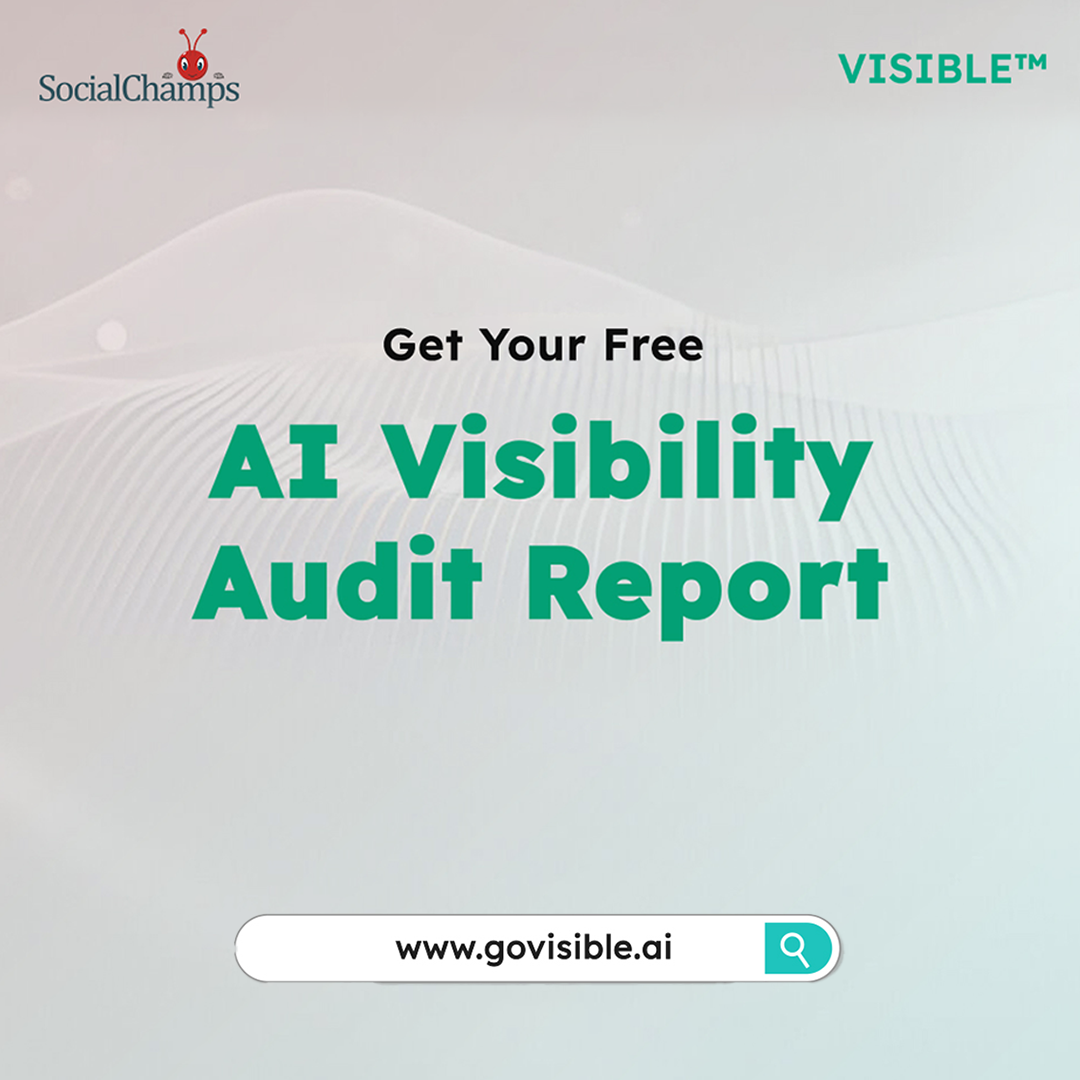The Indian e-commerce sector operates within a complex regulatory framework, influenced by evolving government policies and compliance requirements. As the industry expands, the government aims to balance market growth with consumer protection, data privacy, and fair trade practices. This section explores key regulations, recent initiatives, and strategic insights for e-commerce companies to stay compliant and leverage regulatory changes for growth.
Key Regulations Governing E-commerce in India
Consumer Protection (E-commerce) Rules, 2020
- Objective: Safeguard consumer interests, ensure transparency, and prevent unfair trade practices.
- Key Provisions:
- Mandatory display of product information, including country of origin.
- Restrictions on ‘flash sales’ that limit fair competition.
- Prohibition of misleading advertisements and fraudulent practices.
- Impact on E-commerce Companies:
- Increased operational oversight to ensure compliance.
- Need for clear and honest communication with consumers.
💡 “Transparency in product listings and advertising is not just a regulatory requirement but a pathway to building consumer trust.”
Digital Personal Data Protection (DPDP) Act, 2023
- Objective: Establish data privacy norms and regulate the processing of personal data.
- Key Provisions:
- Emphasizes user consent for data collection and processing.
- Requires businesses to maintain data security and privacy.
- Introduction of strict penalties for data breaches and non-compliance.
- Strategic Recommendations:
- E-commerce companies must implement robust data governance practices.
- Regularly update privacy policies and ensure transparent data collection practices.
Penalties under the DPDP Act, 2023
| Violation Type | Penalty Amount (INR) |
|---|---|
| Data Breach | Up to ₹250 Crore |
| Non-compliance with Consent | Up to ₹50 Crore |
| Failure in Data Protection | Up to ₹100 Crore |
Foreign Direct Investment (FDI) Policy
- Current Scenario:
- 100% FDI allowed in the marketplace model of e-commerce under the automatic route.
- FDI in inventory-based models is not permitted, restricting foreign companies from holding inventory.
- Implications for Marketplaces:
- Companies like Amazon and Flipkart must operate as platforms connecting buyers and sellers, avoiding direct sales.
- Brands need to adapt hybrid models, balancing marketplace operations with inventory management through third-party sellers.
The GST (Goods and Services Tax) Framework
- Relevance to E-commerce:
- GST impacts pricing, logistics, and compliance processes.
- The requirement for Tax Collected at Source (TCS) at 1% on the net value of taxable supplies.
- Challenges:
- Complex compliance, particularly for multi-state operations.
- Managing input tax credit and reconciliation.
Recommendation: Implement automated GST compliance tools to reduce manual errors and streamline taxation processes.
Government Initiatives Boosting the E-commerce Sector
ONDC (Open Network for Digital Commerce)
- Objective: Democratize e-commerce by enabling small businesses to participate in the digital marketplace.
- How It Works:
- ONDC offers an open protocol that allows local businesses to list products on any e-commerce platform integrated with the network.
- Reduces dependency on major e-commerce giants and promotes fair competition.
- Opportunity for E-commerce Companies:
- Collaborate with ONDC to reach a broader consumer base.
- Develop integration strategies to allow products/services to be visible across multiple platforms.
Make in India & Digital India Initiatives
-
Make in India:
- Encourages local manufacturing and sourcing, which aligns with the rising preference for ‘Made in India’ products.
- E-commerce companies can benefit by promoting local brands and leveraging incentives for domestic production.
-
Digital India:
- Focus on digital infrastructure and increasing internet penetration, particularly in rural areas.
- Opens new markets for e-commerce businesses, especially in Tier 2 & 3 cities.
National Logistics Policy (NLP), 2022
- Objective: Streamline logistics and reduce costs, aiming for a globally competitive logistics ecosystem.
- Key Elements:
- Development of multimodal logistics parks.
- Integration of digital systems for seamless logistics management.
- Reducing logistics costs from 14% to 8% of GDP.
- Benefit for E-commerce:
- Enhance supply chain efficiency and reduce delivery costs.
- Enable faster deliveries, improving customer satisfaction.
Projected Impact of NLP on Logistics Costs
| Year | Logistics Cost as % of GDP |
|---|---|
| 2022 | 14% |
| 2023 | 12% |
| 2024 | 10% |
| 2025 | 8% |
Strategic Recommendations for E-commerce Companies
- Stay Proactive with Compliance: Regularly review regulatory changes and train teams on compliance best practices.
- Engage with Government Initiatives: Collaborate with ONDC and leverage incentives under Digital India and Make in India programs.
- Strengthen Data Privacy Measures: Implement robust data management tools and adhere strictly to the DPDP Act requirements.
- Optimize Supply Chains: Utilize benefits of the National Logistics Policy to improve operational efficiency.
Conclusion
Navigating the regulatory landscape in India requires a mix of compliance diligence and strategic adaptation. E-commerce companies that proactively align with government policies and leverage initiatives like ONDC and Digital India will not only avoid legal pitfalls but also gain a competitive edge. Understanding market trends and upcoming regulatory shifts is key to staying ahead. Explore our Indian Ecommerce Market Outlook 2025 for insights on how these changes will shape the industry. Embracing regulatory compliance as a part of business strategy will contribute to long-term sustainability and growth.





0 Comments